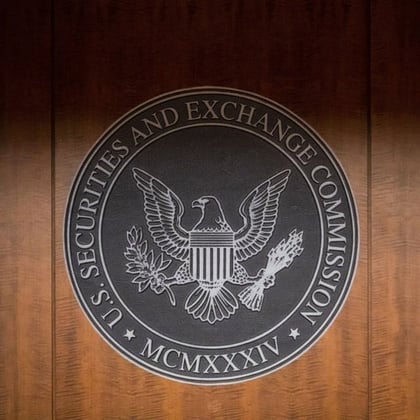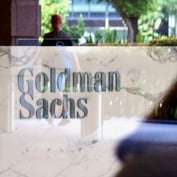The Securities and Exchange Commission on Wednesday voted to adopt amendments that it said will modernize how broker-dealers preserve electronic records.
The changes also cover the prompt production of records and third-party recordkeeping service requirements that are applicable to BDs, security-based swap dealers and major security-based swap participants, the SEC said.
The amendments are being made in light of the technological changes that have been made over the past two decades and to make the rule adaptable to new technologies in electronic recordkeeping, according to the SEC.
The amendments will also facilitate examinations of BDs, SBSDs and MSBSPs, the SEC said.
The SEC’s BD electronic recordkeeping rule now requires firms to preserve electronic records exclusively in a non-rewriteable, non-erasable format, known as the write once, read many format.
The amendments will add an “audit-trail alternative under which electronic records can be preserved in a manner that permits the recreation of an original record if it is altered, over-written, or erased,” according to the SEC.
The audit-trail alternative is intended to provide BDs with more flexibility in how they configure their electronic recordkeeping systems so they will more closely align with current electronic recordkeeping practices, while also “protecting the authenticity and reliability of original records,” the SEC explained in a news release.
The SEC amendments apply the same requirements to nonbank SBSDs and MSBSPs.
To facilitate examinations and make them more efficient, the amendments also require BDs and all types of SBSDs and MSBSPs to produce electronic records to securities regulators in a “reasonably usable electronic format,” the SEC said.









 October 12, 2022 at 04:07 PM
October 12, 2022 at 04:07 PM











